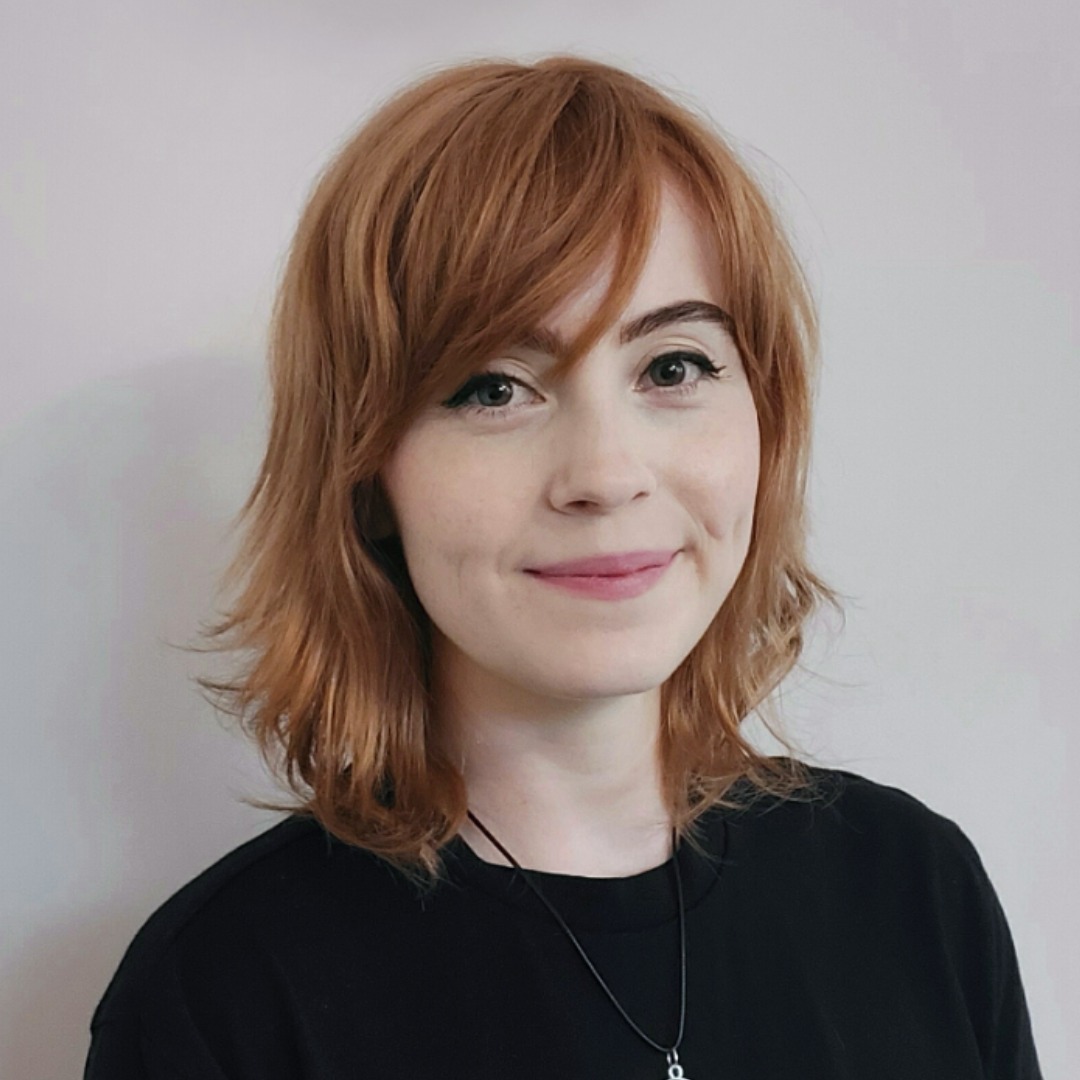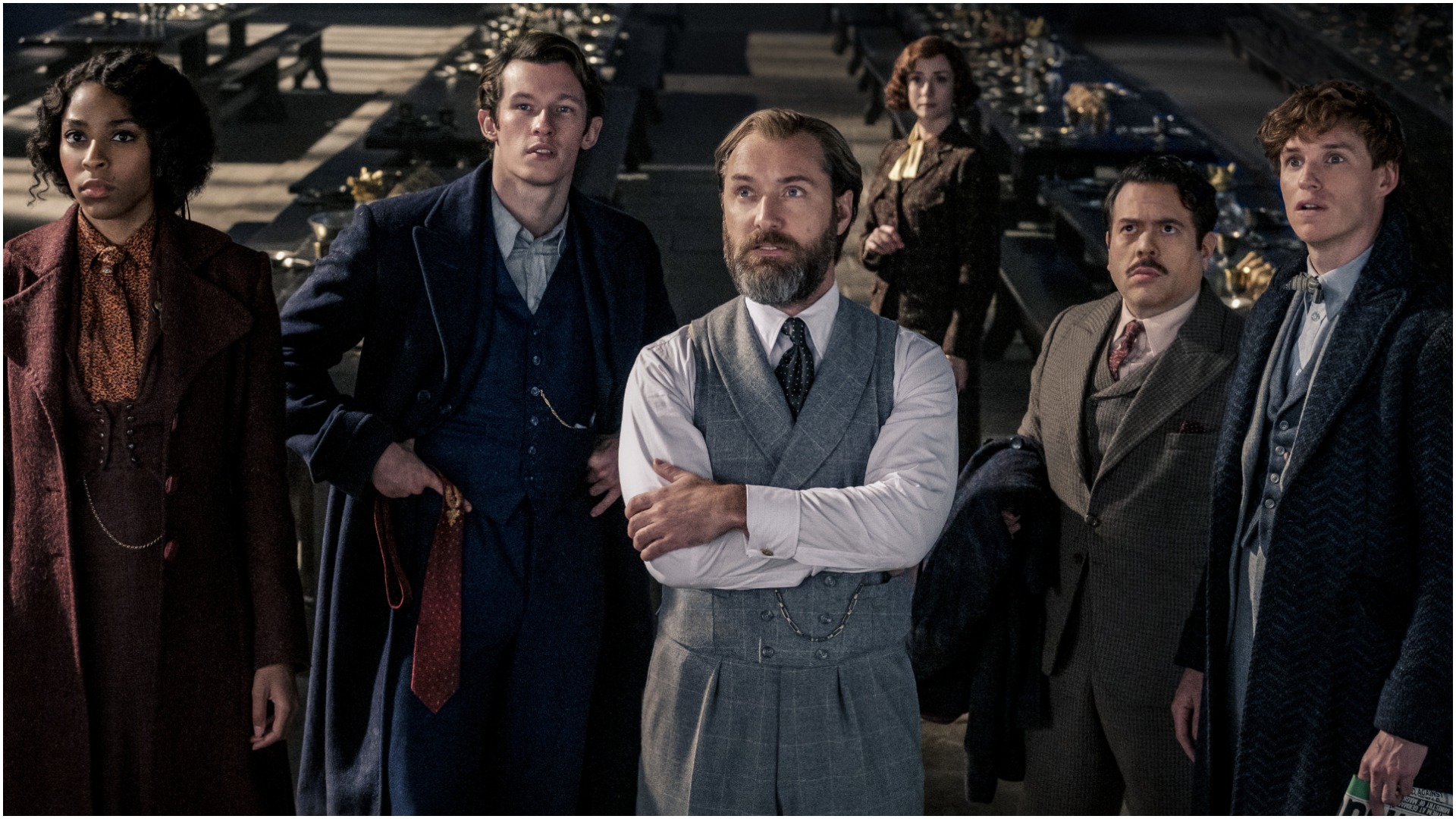
The Fantastic Beasts 3 ending is surprisingly neat compared to its predecessor, Fantastic Beasts: The Crimes of Grindelwald. Back then, series creator J.K Rowling and director David Yates seemingly stood firmer on their mapped-out, five-film plan for the saga, and teased more to come with the reveal that Ezra Miller’s Credence is actually a Dumbledore. Fantastic Beasts: The Secrets of Dumbledore concludes in a much more subdued, simple manner, though the film itself isn’t always the easiest to follow.
Set years after he escaped the clutches of the Magical Congress of the United States, the movie sees Gellert Grindelwald (Mads Mikkelsen, replacing Johnny Depp) try to become the Supreme Head of the International Confederation of Wizards, a position that would essentially make him king of all magical folk. Realizing how disastrous that would be for wizards and muggles alike, Albus Dumbledore (Jude Law) – not able to fight Grindelwald himself – enlists the help of Newt Scamander (Eddie Redmayne) and his assistant Bunty (Victoria Yeates), Newt's Auror brother Theseus (Callum Turner), No-Maj baker Jacob (Dan Fogler), Charms teacher Eulalie 'Lally' Hicks (Jessica Williams), and Yusuf Kama (William Nadylam) to stop the dark wizard from gaining too much power.
On paper, it's a pretty basic premise. But due to the fact that Grindelwald is a seer, and mustn’t be able to accurately predict how the team are going to take him down, Dumbledore, Newt, and co's scheme has to be purposefully confusing, which means that there's a lot going on – and not all of it is particularly consequential, either. You would be forgiven for missing a moment or two.
If you've just got back from the cinema and found yourself not able to make a hippogriff's head or a niffler's tail of what you just watched, we've got you covered. Here, we've broken down the Fantastic Beasts 3 ending and answered your biggest questions. As you might expect, major Fantastic Beasts 3 spoilers ahead… so click away now if you've yet to see the movie and don't want to know anything in advance.
Fantastic Beasts 3 ending explained – a recap
Having yielded to the pressure of the masses, Anton Vogel (Oliver Masucci), the wizarding world's current Supreme Head (also known as the Supreme Mugwump), waives Grindelwald's earlier crimes and allows him to run as a candidate opposite Vicência Santos (Maria Fernanda Cândido) and Liu Tao (Dave Wong).
Earlier on, Newt is attacked by Credence (Ezra Miller) and Grindelwald's other cronies while he assists in the birth of a wild qilin, a deer-like creature that – we learn later – has the ability to see into a person's soul and determine whether they are pure of heart. Credence kills the new mother and takes the baby, but a heartbroken Newt discovering that there were actually two qilins born that day. He saves the other newborn and takes it home.
To ensure that he becomes the next head of the wizarding world, Grindelwald kills the qilin delivered to him, bewitches its corpse, and brings it to the election in Bhutan. When it bows in front of him (rather than Santos or Liu), those in attendance are fooled into thinking that the beast is signaling Grindelwald's purity and vote him into office. Unfortunately for Grindelwald, though, Dumbledore had already worked out his scheme and smuggled the second qilin into the high-profile event, using replicas of Newt's beast-carrying case to confuse Grindelwald's gang and give a heavily disguised Bunty, Newt's assistant who was in possession of the real case, the strongest chance of presenting it in front of Grindelwald.
Bringing all the latest movie news, features, and reviews to your inbox
After Credence – who is dying – points out that the qilin that bowed to Grindelwald is actually dead, the living qilin trots around those present and eventually stops in front of Dumbledore, suggesting that is pure and therefore the right person to lead. Dumbledore insists that the little creature pick another, as he has no interest in being the Supreme Head, and eventually, when the qilin bows for Santos, she is elected instead.
Blaming Credence for the failure of his mission, an incensed Grindewald goes to kill him. But Dumbledore and his brother Aberforth (Richard Coyle), who was revealed to be Credence's father, intercept his deadly spell. This prompts an almost dream-like wand fight between Dumbledore and Grindelwald, but when the pair feel each other's heartbeats during the brawl, their bubbling, mutual affection prevents them from harming one another and both walk away from the duel.
"Who will love you now, Dumbledore?!" Grindelwald shouts, highlighting the space between them despite their former intimacy, as the others raise their wands to him. The dark wizard then uses a variation of the Protego charm to shield himself, and levitates above a ledge. Before he can be captured, he deliberately falls backward and, as his spell breaks, he apparates mid-air.
Newt and other heroes chat on the steps for a bit, as Newt pops the little qilin back into his case, Dumbledore tells Jacob that he can keep the wand he gave to him as a reward for his bravery, and Theseus urges Dumbledore to never stop trying to catch Grindelwald.
Back at Jacob's bakery in New York City, a nervous Newt prepares to deliver the best man speech at Jacob and Queenie's wedding. Having popped outside for some fresh air, he runs into his crush, Porpentina 'Tina' Goldstein (Katherine Waterston), and the pair exchange a couple of sweet, shy compliments before Lally and Theseus pull Tina inside. Left to his own devices, Newt spots Dumbledore sitting on a bench on the opposite side of the road and wanders over, which leads to the Hogwarts professor telling Newt that he couldn’t have stopped Grindelwald without him.
After watching Newt walk back to the bakery, and Bunty rock up to the cheers of her pals, a contemplative Dumbledore gets up from his perch and strolls down the snowy street.
Where was Katherine Waterston's Tina Goldstein?
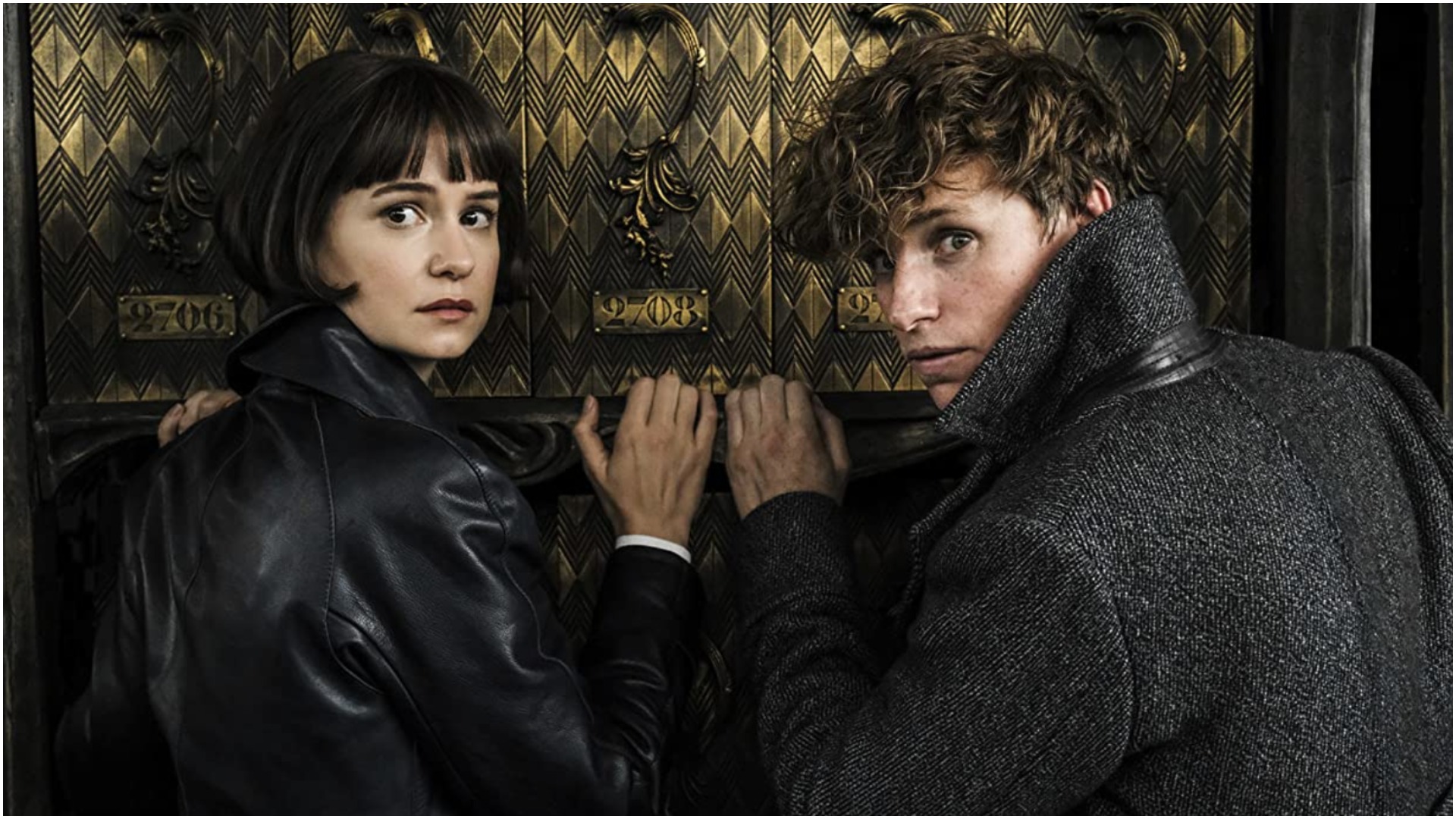
Considering that she wasn't present in any of the film's promotional material in the UK and US, it's hardly surprising that Katherine Waterston isn’t in Fantastic Beasts 3 all that much. But how does the movie itself explain her absence?
Towards the beginning, Theseus asks Newt where Tina is and wonders why she isn't helping them take down Grindelwald. Newt tells the gang that Tina is currently very busy at MACUSA – the Magical Congress of the United States of America – having recently been made head of its Auror Office, and is therefore unable to tag along. It's a curious excuse given that Aurors famously catch dark wizards. What could be more pressing to Tina and her team during the events of The Secrets of Dumbledore than capturing the Ministry of Magic's most wanted man?
Tina is a stickler for the rules, a character trait that became apparent in Fantastic Beasts and Where to Find Them when she tried to report Newt to MACUSA for breaking several laws. Newt and Dumbledore's plan definitely operates outside of government guidelines, so she may not have wanted to jeopardize her new job. That said, Theseus, Newt's brother, is an Auror, and he still joins in, and Tina previously bent the rules when she was looking out for Credence in the first film, so it wouldn't have been completely far-fetched for her to have tagged along.
There's been much speculation as to why Waterston's role in Fantastic Beasts: The Secrets of Dumbledore is so small. Many fans think it's because she seemingly spoke out against J. K. Rowling's controversial comments on transgender issues, while others have highlighted that the actor became very ill with COVID-19 during the pandemic, and claimed that they might have chosen to film without her. It may have simply been a case of there not being enough time to explore Newt and Tina's blossoming romance amidst the Grindelwald plot.
Tina's only appearance in the movie, aside from a couple of glimpses at Newt's moving photo of her, is right at the end, when she bumps into the magizoologist at her sister Queenie's wedding. The sweet pair beam as they exchange a couple of compliments, which suggests that we're not done seeing these two – who Potter fans already know get married – fall in love. Tina will be back, we're just not certain how back she'll be.
Qilins, elections, and Supreme Mugwump explained
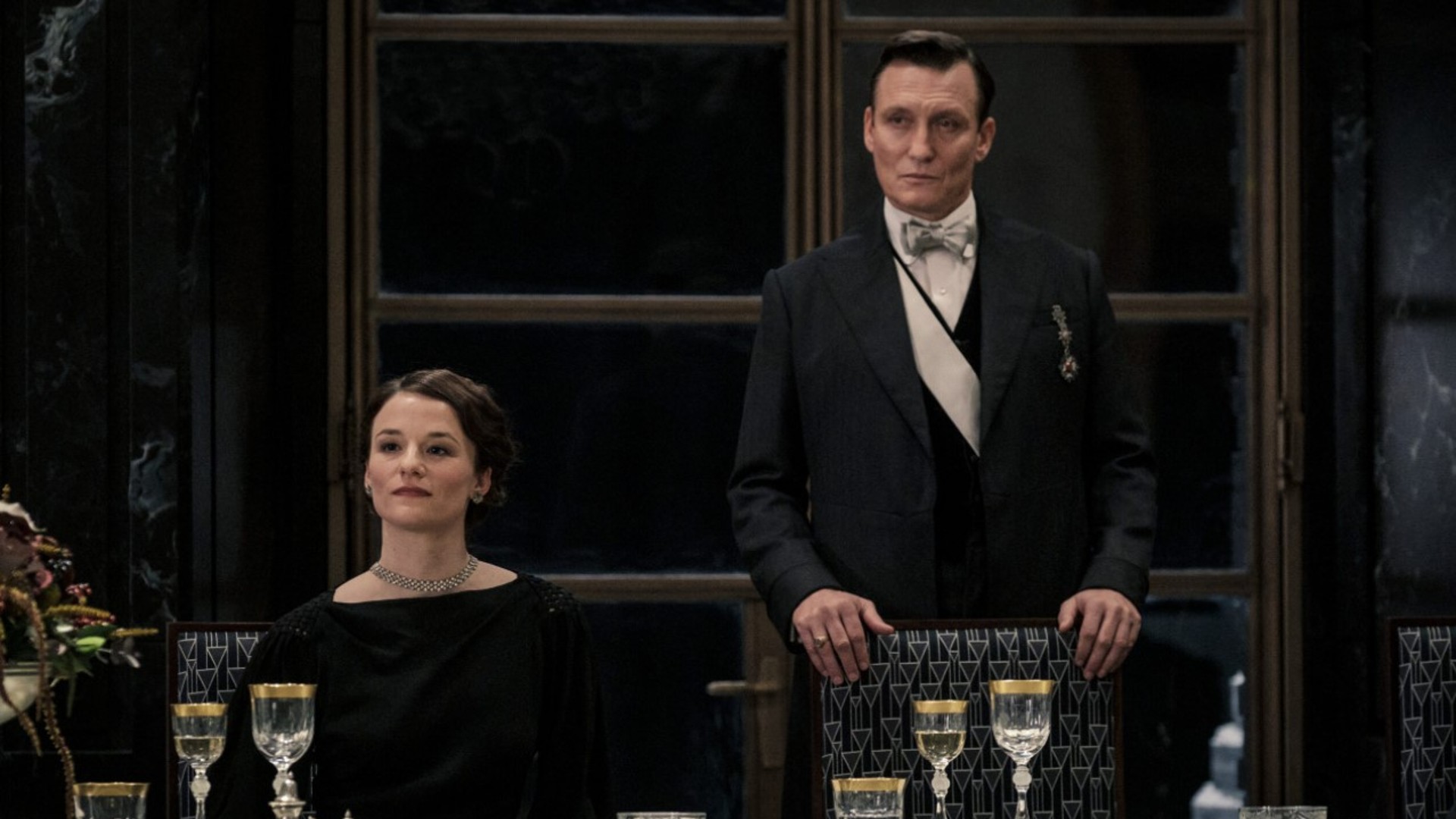
The Supreme Head of the International Confederation of Wizards – referred to as the Supreme Mugwump in the books – is a king or a queen-like figure who oversees everything that goes on within the wizarding world. With the International Confederation being more authoritative than the likes of the MACUSA, they're basically more powerful politicians when it comes to magical folk.
At some point prior to July 31, 1991, Albus Dumbledore was appointed Supreme Head, but was dismissed from the position when the Ministry of Magic claimed he was wrong about Lord Voldemort's return. He was restored as a member of the Confederation after the Ministry's acceptance of Voldemort's reemergence, but not as Supreme Head. He was succeeded by Uagadou graduate Babajide Akingbade.
It's likely that the term 'mugwump' was inspired by the Mugwumps, a group of 19th Century politicians in the US who were against political corruption. It may also come from the Algonquin word 'mugguomp', meaning 'person of importance' or 'war leader'.
In Fantastic Beasts 3, it is revealed that the elections for the Supreme Mugwump have often used qilins – deer-like creatures that can see into a person's soul and determine whether they are 'pure of heart' – to pick a worthy candidate. When this happens, it is called the Walk of the Qilin, and the beast will literally trot in front of the candidates and bow to whoever it deems pure.
Is Dumbledore pure of heart?
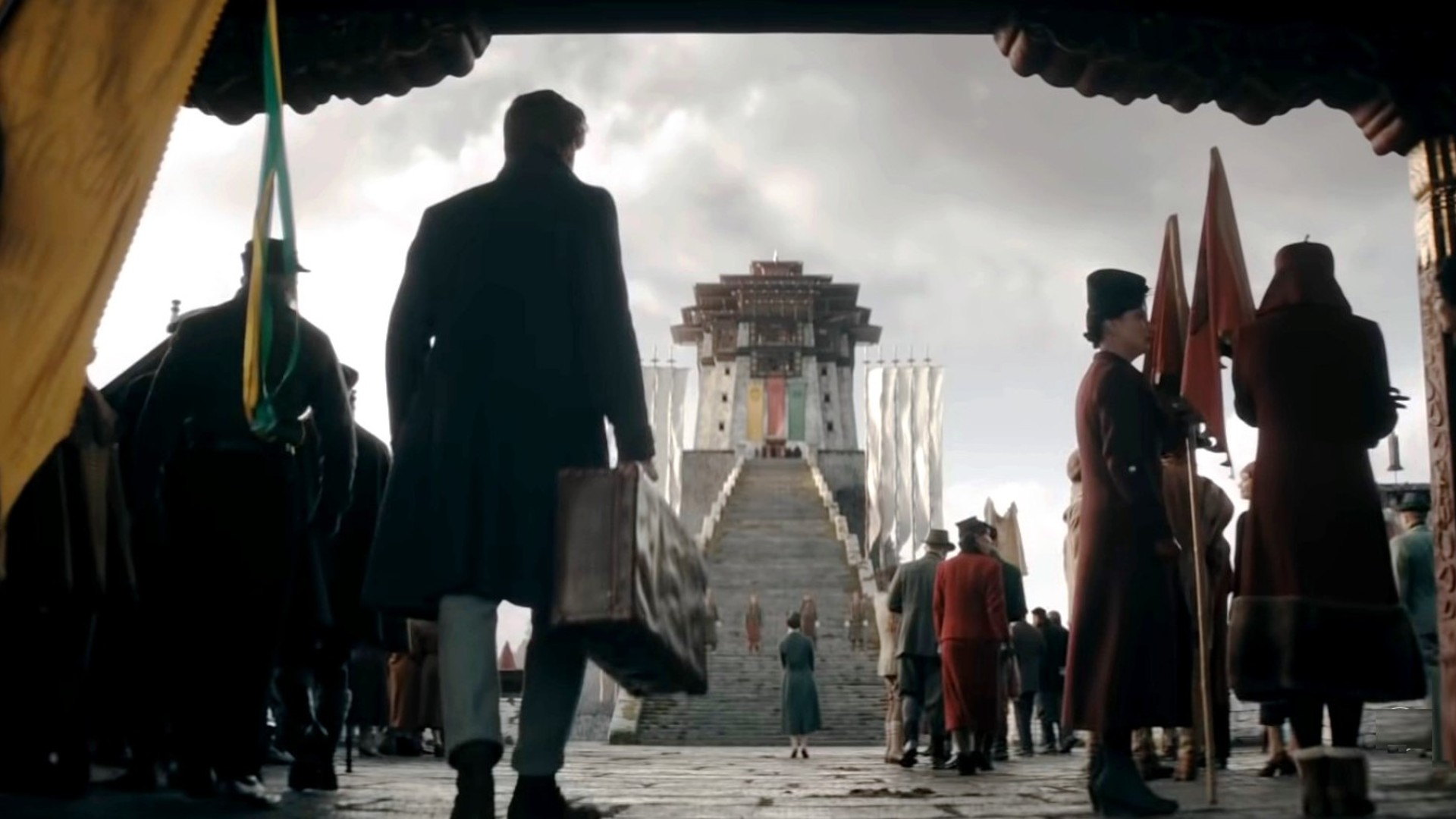
While the Harry Potter series was essentially a story about good triumphing over evil, it was the complexity of its characters that made it so compelling and rich. After all, Harry himself was close to being made a Slytherin at Hogwarts, which might have set him on a darker path – but due to his protestation, the Sorting Hat placed him in Gryffindor instead. Then you have Harry's uncle Sirius Black, first introduced as a criminal, and Severus Snape, Harry's mean Potions professor and literal Death Eater, who is actually revealed to be a double agent and winds up a hero.
It's a shame, then, that the Fantastic Beasts franchise seems beholden to a more binary sense of morality, and that Fantastic Beasts 3 features a creature that can tell whether someone is wholly good or not. What's perhaps most baffling, however, is that in the movie's last act, the qilin signals that Dumbledore is pure of heart, which doesn't necessarily ring very true to the character.
Dumbledore is a hero, we know that much. In his lifetime, he stood against two of the darkest wizards in history: Grindelwald and Voldemort. He was in love with the former but turned against him when his fascist leanings reared their ugly head, and he sacrificed his life to stop the latter. But he can also be selfish and cold, and manipulates characters in a way that helps the greater good even if it hurts them in the process. (See Harry in Order of the Phoenix). It's doubtful that someone completely pure of heart would have been able to get the same results as Dumbledore – they might have been too weak – but to describe him as such doesn't feel right.
That said, we must remember that the events of Fantastic Beasts: The Secrets of Dumbledore happen 60-odd years before the events of the first Harry Potter, so perhaps Dumbledore was once pure but grew weary and darker as time went on. The bow does make sense with continuity as well – Dumbledore eventually becomes the Supreme Mugwump, and this bow will no doubt play a role in him being elected to the position.
What happened to Grindelwald, and what was his plan?
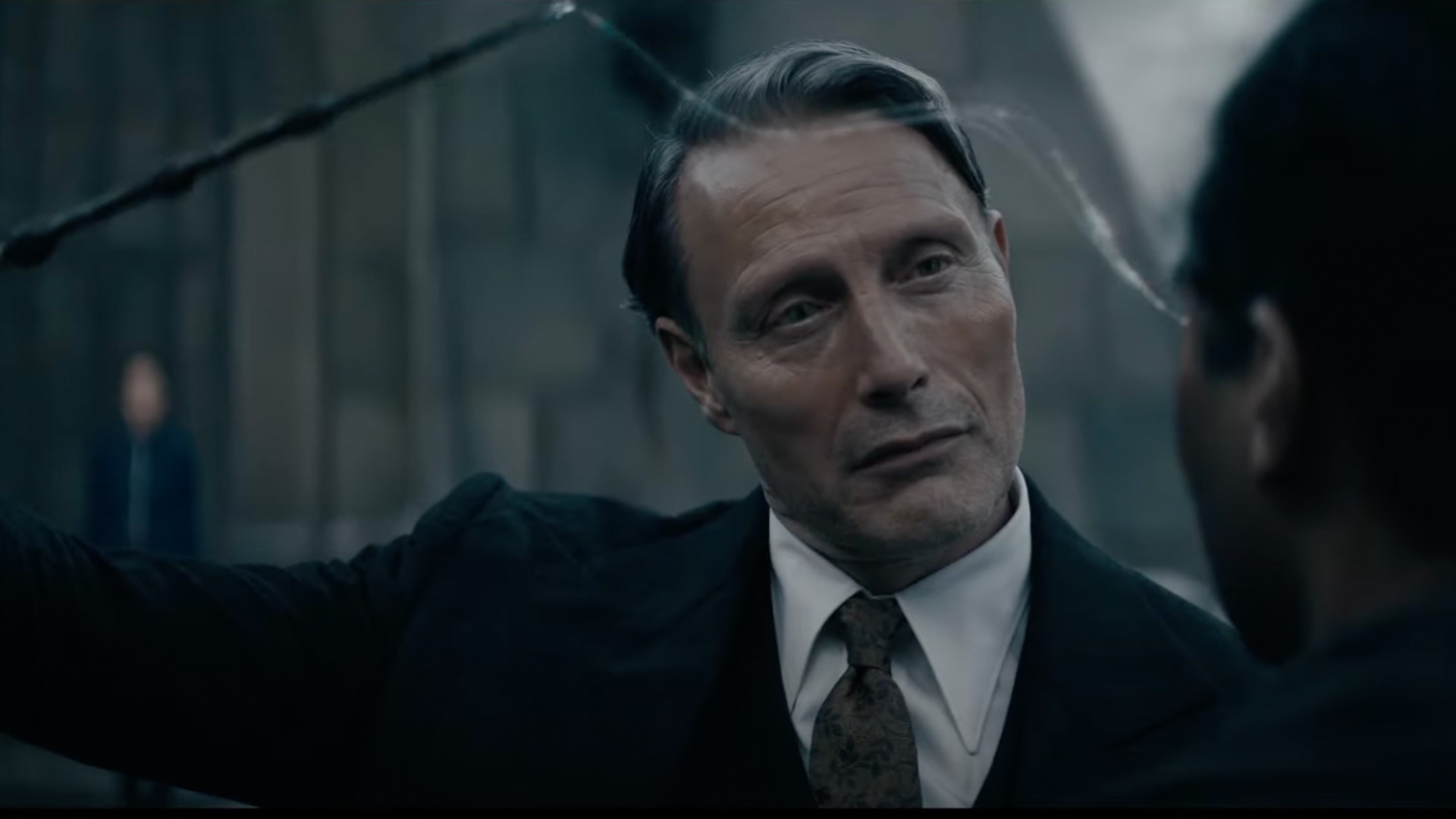
Grindelwald's ultimate goal is for wizarding folk to essentially rule over muggles and No-Majs, as he regards them as lesser than wizards. He cannot bear the fact that he and his magical peers have to live in the shadows because of them.
His disdain for those who don't (regularly) wield wands is never more evident than when he calls Jacob up right after he's named Supreme Head, and accuses him of trying to dilute pureblood bloodlines by striking up a romance with witch Queenie Goldstein. Grindelwald then riles the crowd by exposing Jacob as the one who tried to "assassinate" him at the candidates' dinner, and exclaims that the wizarding world's war with the muggles "begins today". He takes out his wand and subjects Jacob to the painful Cruciatus curse, as Queenie watches on in horror.
Fortunately for everyone outside of Team Grindelwald, his hate-filled speech is interrupted by the arrival of Bunty with the second qilin, and when the creature bows to Dumbledore and Santos, he instantly loses the support of those in attendance. When Santos is elected Supreme Head instead, everyone turns on Grindelwald, and the dark wizard ends up apparating to an undisclosed location.
How did Dumbledore and Grindelwald’s blood oath break?
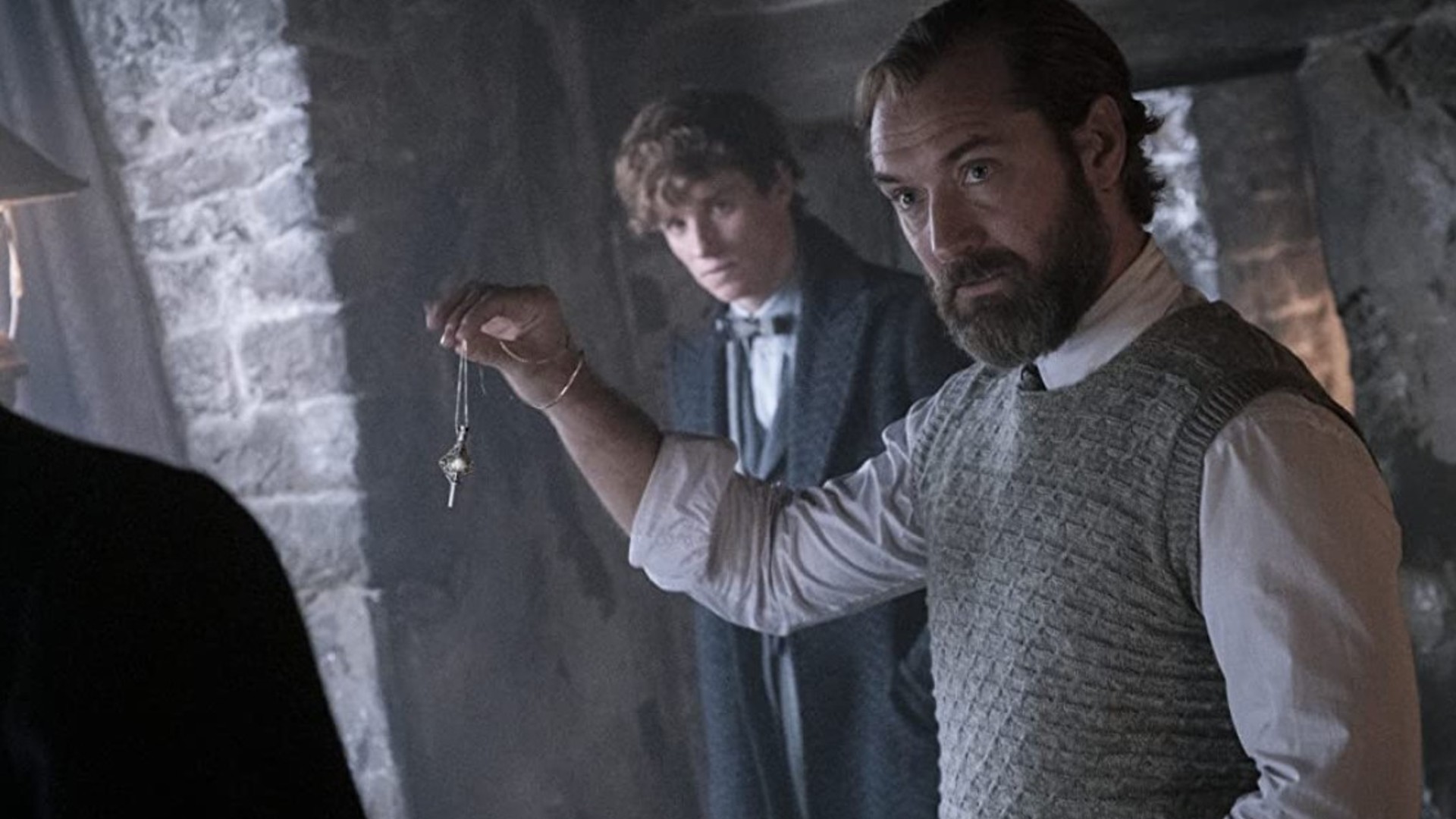
Dumbledore wasn't able to cross Grindelwald himself due to the blood oath they made when they were younger and romantically involved. The pact broke, however, when they fought at the election of the Supreme Head and both Albus and Aberforth's wands unite to save Credence.
Presumably, a blood oath ceases to exist when you move to save someone from the person you're in the oath with. It’s likely relevant that Credence is a Dumbledore, too, and since Grindelwald shot first, he’s the one at fault.
As a result of Dumbledore and Aberforth's intervention, Dumbledore and Grindelwald enter a dream-like duel. Each of the wizards walks away safely, but with the oath now broken, it paves the way for their fateful face-off in 1945.
The loophole kind of works for the end of the movie, but what doesn't really add up is that Dumbledore was heavily behind all of Newt and the gang's plans, and therefore was having thoughts of being traitorous to Grindelwald the whole time. As established early on, even thoughts of betraying Grindelwald lead to the blood oath hurting him. Perhaps Dumbledore's that good at suppressing his feelings? Or because his plan was so complicated, and not necessarily causing pain to Grindelwald, it therefore wasn't in opposition to the blood oath.
Were Grindelwald and Dumbledore lovers?
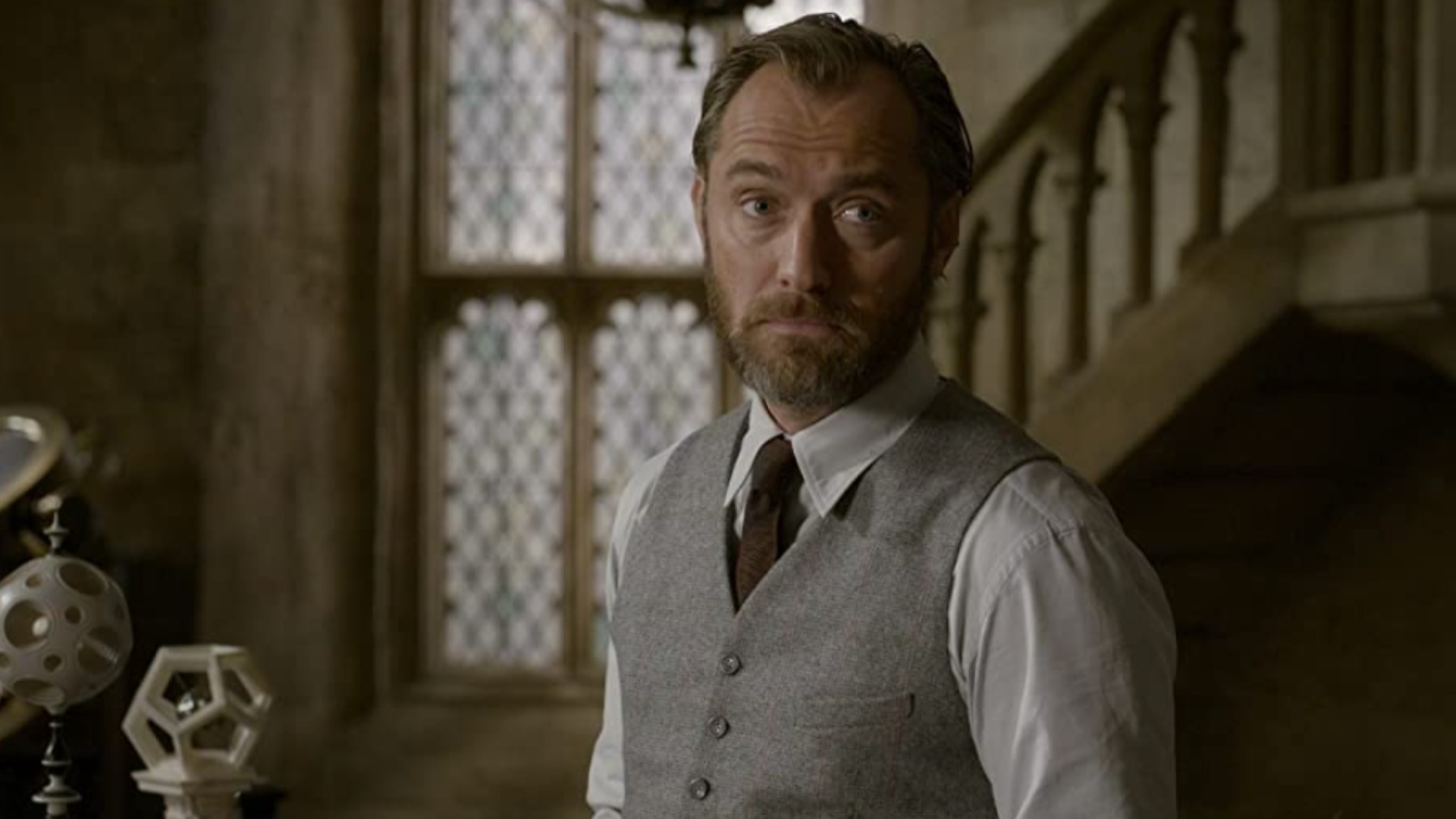
Grindelwald and Dumbledore's romantic past is no secret to Harry Potter fans, J. K. Rowling having first talked about the Hogwarts professor's affections for the dark wizard back in January 2017. Until now, though, their relationship hasn't been so explicitly addressed in either the books or the movies.
In Fantastic Beasts: The Secrets of Dumbledore's opening scene, Dumbledore and Grindelwald acknowledge the blood oath they made when they were younger, which prompts them to openly admit that they were once "committed" to one another, and madly in love. Later, Dumbledore reiterates to Theseus that he made the pact due to love and tells Newt that he and Grindelwald had once planned to run away together, much to the disapproval of his brother Aberforth. So yes, it's finally, canonically, a fact that Grindelwald and Dumbledore were once lovers.
What are Dumbledore's "secrets"?
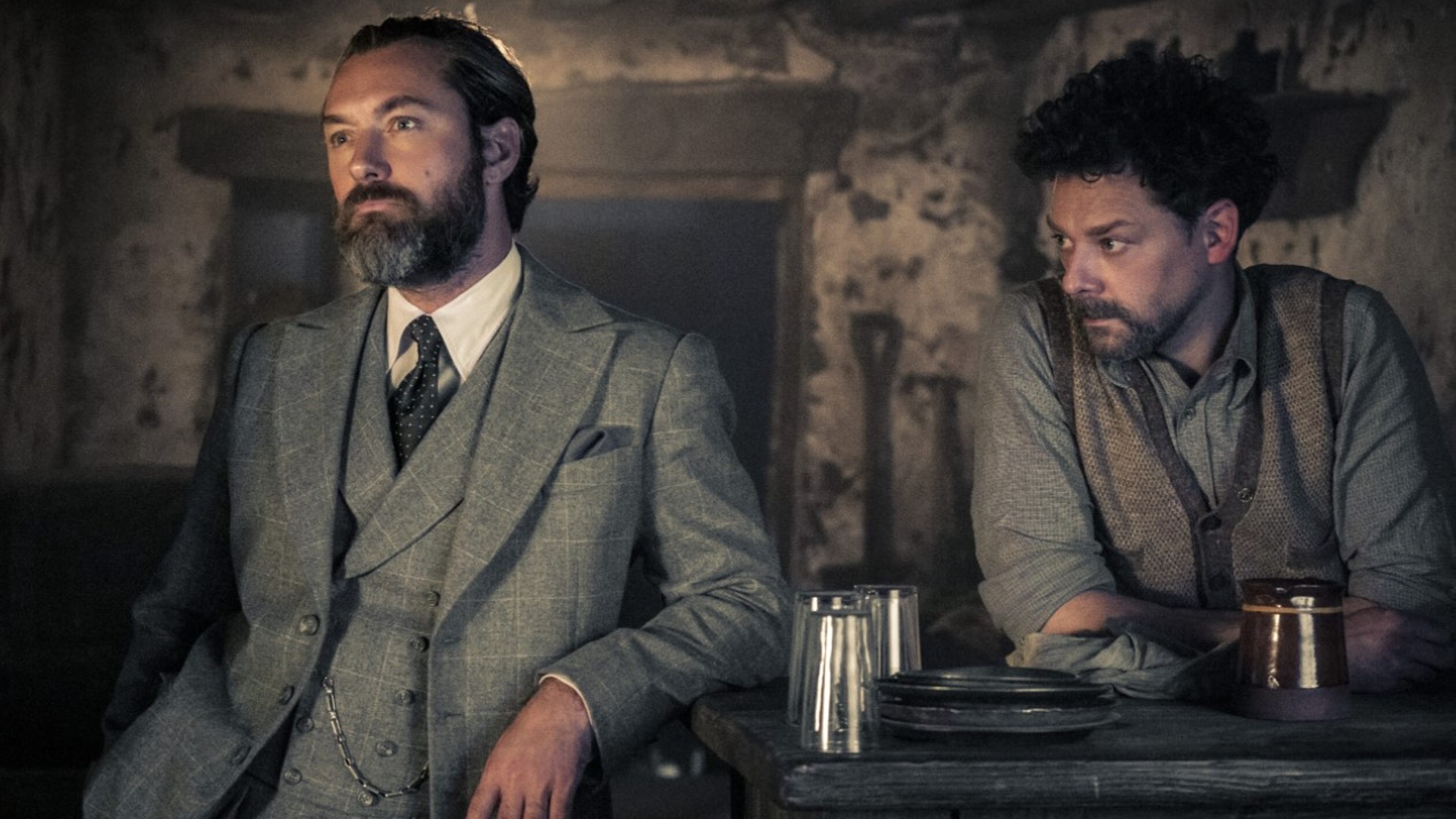
As suspected, the 'Dumbledore' in the title doesn't just mean Albus; it refers to Aberforth and Credence (or Aurelius, as he was originally known), too. For Albus, his past relationship with Grindelwald is presumably his secret, though he quite willingly admits that the pair were madly in love when anyone asks why he would agree to make a blood pact with a power-hungry murderer. Aberforth’s secret is the shame he feels over abandoning his son all those years ago, and how he's not got much time left with Credence before he dies.
Aberforth and Credence are seen exchanging messages to each other via mirrors. Aberforth's first message to Credence is heartbreaking, and simply reads, "Forgive me", while Credence's later response asks: "Do you know what it's like to be alone?" At another point, Credence reaches out to his father and states that he wants to come home. It's clear that Aberforth's guilt weighs heavily on him.
Dumbledore and Newt's plan is strictly need-to-know due to Grindelwald being a seer. Every step of their takedown has to be shrouded in secrecy, even sometimes from each other, so the film's subtitle also applies to the overall scheme.
Does Credence die? How was he a Dumbledore?
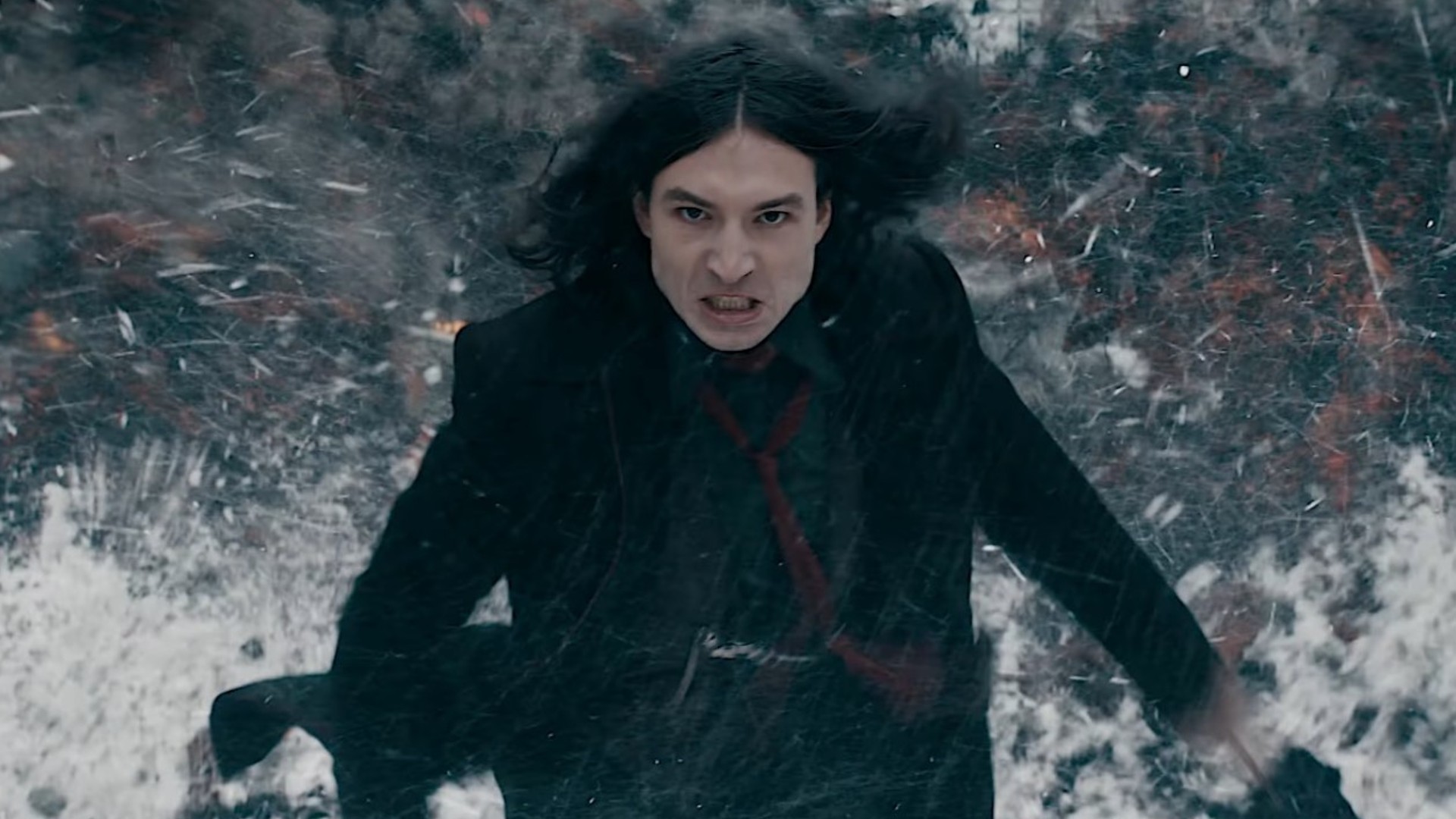
Fantastic Beasts and Where to Find Them established Credence Barebone as an Obscurial. An Obscurial is a young wizard or witch who has developed a dark parasitical magical force, known as an Obscurus, as a result of their magic being suppressed through psychological or physical abuse.
Most Obscurials die young, consumed by the uncontrollable force, but Credence proves to be an exceptional case. That said, it's revealed in Fantastic Beasts 3 that he is dying, symbolized by the fact that his phoenix companion is slowly burning away to ash.
At the end of The Crimes of Grindelwald, Credence learns through Grindelwald that he is a Dumbledore. The sequel reveals that he is the illegitimate son of Aberforth Dumbledore, Albus's brother. Having turned against Grindelwald in The Secret of Dumbledore's final scenes, Credence – or Aurelius, as he was known when he was a baby – reunites with Aberforth, the latter suggesting they go home and spend the last of Credence's days making up for lost time.
Why did Queenie side with Grindelwald?
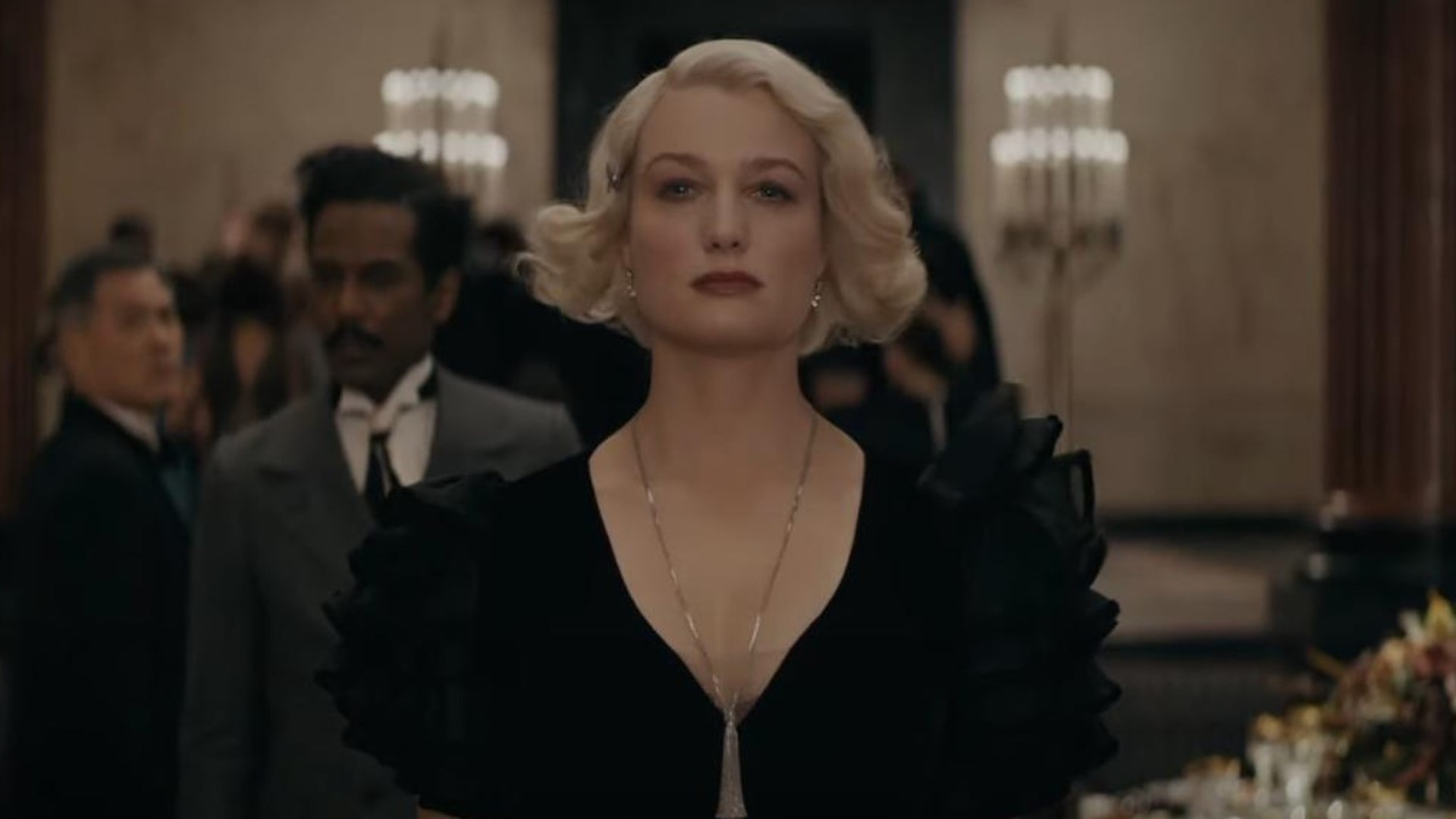
In Fantastic Beasts: The Crimes of Grindelwald, Queenie (Alison Sudol) turns to the dark side after Grindelwald delivers a rousing speech about how he would free witches and wizards, and allow them to live without rules and restrictions. Realizing her romantic feelings for muggle baker Jacob, Queenie elected to stand with Grindelwald, as she thought he would prove to be a liberator for all magical people. But in the years between the events of that film and those in Fantastic Beasts: The Secrets of Dumbledore, she learned the hard way that that was not the case.
Considering that Queenie is a Legilimens, which means she can read people's thoughts, it doesn't really make sense that she, of all people, would fall for Grindelwald's lies... Yet, here we are.
Towards the end of The Secrets of Dumbledore, Grindelwald publicly tortures Jacob using the Cruciatus curse and accuses him and Queenie of weakening the wizarding world through their relationship, pointing out that they would have half-blood children. At that moment, Grindelwald's intentions become clearer to Queenie than before, and she chooses to return to New York City with Jacob. The pair later get hitched and Queenie is back to her bubbly self. It's disappointing that her arc feels pretty glossed over, but with so much going on, it's hardly surprising.
What happened to Dumbledore's sister Ariana?
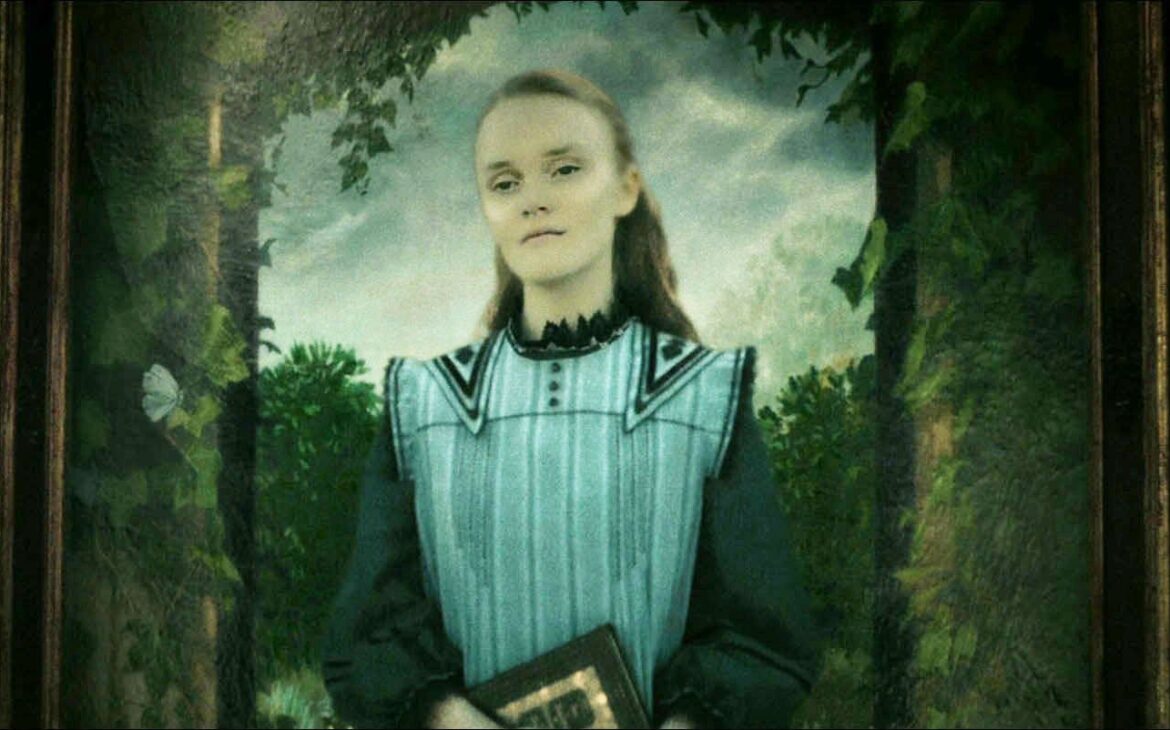
Much like Grindelwald and Dumbledore being lovers, the death of Ariana Dumbledore is something Harry Potter fans are well aware of. We knew that she died during a three-way duel between Aberforth, Albus, and Grindelwald but in Fantastic Beasts 3, Albus explains exactly what went down.
Turns out, Aberforth wasn't happy about Grindelwald and Dumbledore's plan to go away together and threatened Grindelwald with his wand. In retaliation, Dumbledore drew his, while Grindelwald laughed off the brothers' quarrel. As Aberforth and Albus fought, they didn't hear their younger sister Ariana coming down the stairs, and a stray spell struck her and killed her.
"I can't be certain it wasn't... my... spell," Albus tells Newt tearfully, as he remembers that fateful day, and Newt tries to comfort his former professor by claiming that Ariana – an obscurial like Credence who would have presumably suffered an early, agonising death had she lived – was spared from any future pain in that moment.
What's next for Newt, Dumbledore and the gang?
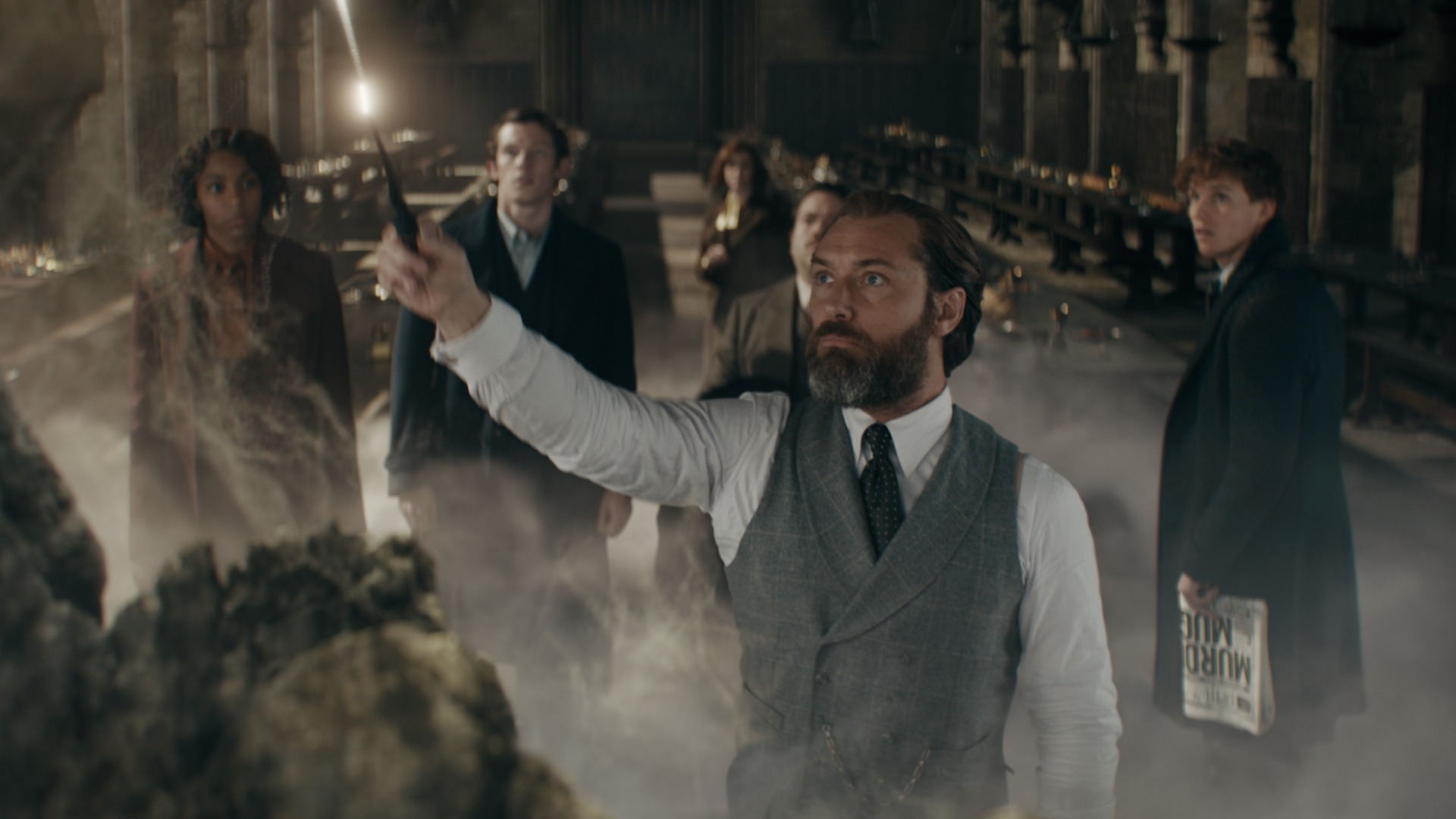
Back in October 2016, director David Yates confirmed that he and screenwriter J.K. Rowling had five movies planned in Fantastic Beasts series. The first, Fantastic Beasts and Where to Find Them, left things fairly open-ended, while its sequel, The Crimes of Grindelwald, concluded with the reveal that Credence was a Dumbledore – so we knew that another movie was on the way.
Fantastic Beasts: The Secrets of Dumbledore, on the other hand, wraps itself up quite nicely. Sure, Grindelwald is still at large and we've not yet seen the fabled fight between the dark wizard and Dumbledore, which took place in 1945, but if the franchise called it a day here, it wouldn't be all that much of a shock.
If we do get a fourth film, it seems safe to assume that Eddie Redmayne, Jude Law, Dan Fogler, Alison Sudol, and Katherine Waterston will all be back as Newt, Dumbledore, Jacob, Queenie, and Tina, respectively. Mads Mikkelsen will likely reprise his role as Grindelwald, too. Things are more uncertain for Ezra Miller's ailing character Credence, who is in bad shape by the time the credits roll.
If we're building up to Grindelwald versus Dumbledore, then Fantastic Beasts 4 is going to have to jump forward in time quite significantly. While it's not explicitly stated in the movie, The Secrets of Dumbledore is believed to be set in the mid-1930s, which means that the series has covered ten years in its existing three movies. With another decade to depict between now and the duel, it had better get a move on.
Looking for more to watch Fantastic Beasts again on streaming? Here's our guide to when Fantastic Beasts 3 is on HBO Max.
I am an Entertainment Writer here at GamesRadar+, covering all things TV and film across our Total Film and SFX sections. Elsewhere, my words have been published by the likes of Digital Spy, SciFiNow, PinkNews, FANDOM, Radio Times, and Total Film magazine.
